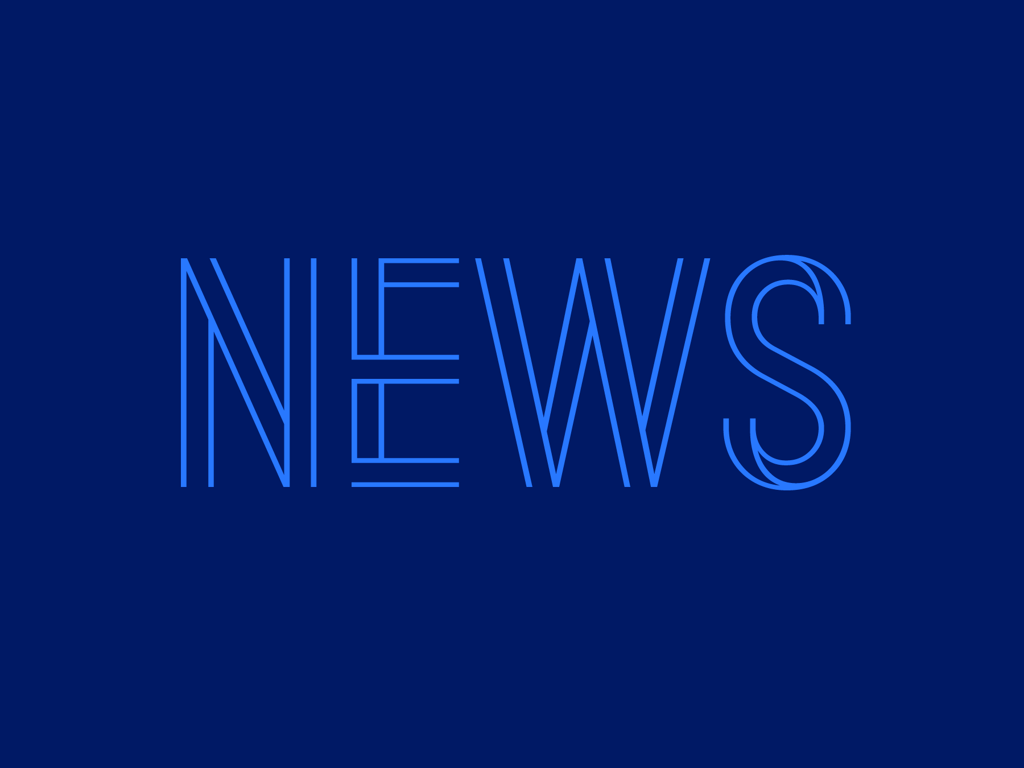New in Denmark? Here are 3 things you MUST know
Does it sound like nonsense when others talk about collective agreements, union representatives and flexicurity? If so, you should read this article.
What were the most important things you needed to know when you stepped off the plane and entered the labour market in Denmark?
If you ask associate professor Nana Wesley Hansen, the answer comes immediately:
- Collective agreements
- Union representatives
- Flexicurity.
Are these words new for you? Don’t worry – here’s an explanation so you can up on what you’re missing:
#1 What is a collective agreement? And who agrees it?
In Denmark, your terms of employment are agreed between your trade union and your employer. For example, these terms might be your right to time off, annual salary increases and further vocational training.
A collective agreement is an agreement between employee representatives in the form of a trade union and representatives of the companies that have hired the employees.
These collective agreements are independent of the political system and therefore have nothing to do with legislation. For example, there is no statutory minimum wage in Denmark, instead, wage levels are agreed upons through collective bargaining.
In the financial sector, it is Finansforbundet that negotiates your salary and employment terms with your employer.
#2 What is a union representative? And what can you use them for?
A union representative is a bridge-builder between employees and management at your workplace. It is a colleague who has been elected to represent you and the other employees and who has special access to management.
The union representative is a person you can go to with things that may be difficult to discuss with your boss or your colleagues. For example, there could be questions about your terms of employment, job satisfaction at your workplace or work events. In this way, the union representative is important in resolving conflicts locally.
The union representative is trained to carry out assignments from your trade union and can draw on the union if necessary.
#3 What does flexicurity mean to you?
The Danish labour market is characterised by a special combination of flexibility and security – and has therefore been given the term “flexicurity”.
It is about companies having a high level of flexibility, while employees are guaranteed a high level of security. For example, it is relatively easy and not terribly expensive to dismiss an employee in Denmark. On the other hand, as an employee you earn the right to unemployment benefits, so you have an income if you become unemployed.
It may be worthwhile for you to join an unemployment insurance fund if you:
- are a citizen in the EU, Switzerland or another EEA country (Iceland, Norway, Liechtenstein)
or
- have a permanent residence and work permit in Denmark
If so, you must meet the same requirements as a Danish citizen in order to be entitled to unemployment benefit.

About Nana Wesley Hansen
- Associate professor at the Employment Relations Research Centre (FAOS), Department of Sociology, University of Copenhagen
- PhD in Sociology in 2013, University of Copenhagen
- Her primary research area is collective agreements and collective cooperation in the private and public sector.
- Parallel to this, Nana Wesley Hansen works with the recruitment of highly qualified foreign employees to Denmark. She follows policy development and conducts analyses of recruitment in practice.
Foto: Mikkel Krogh





